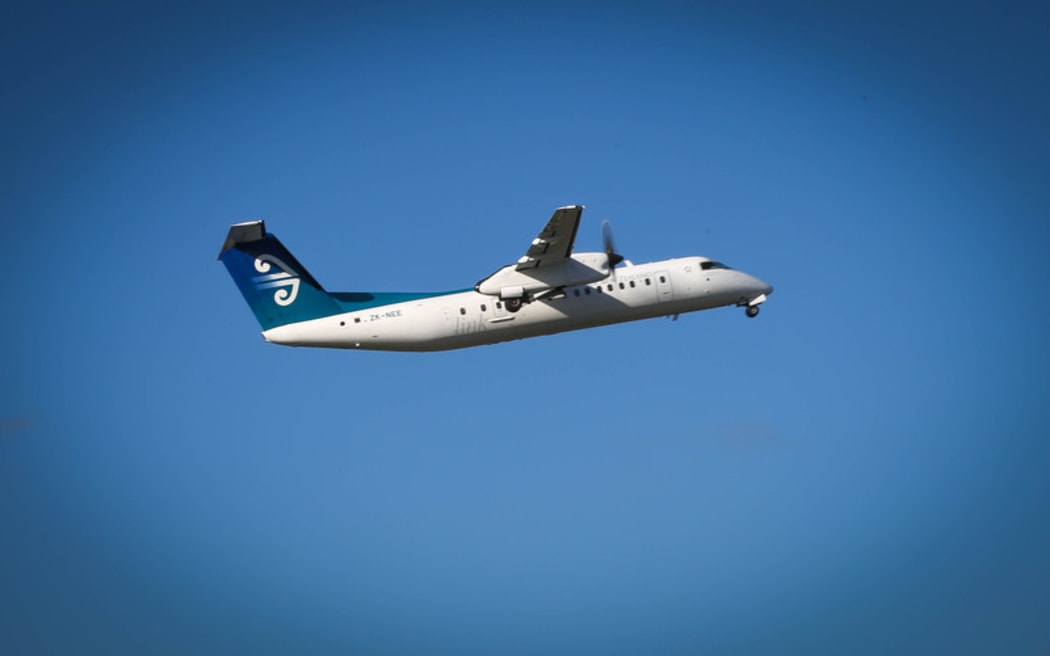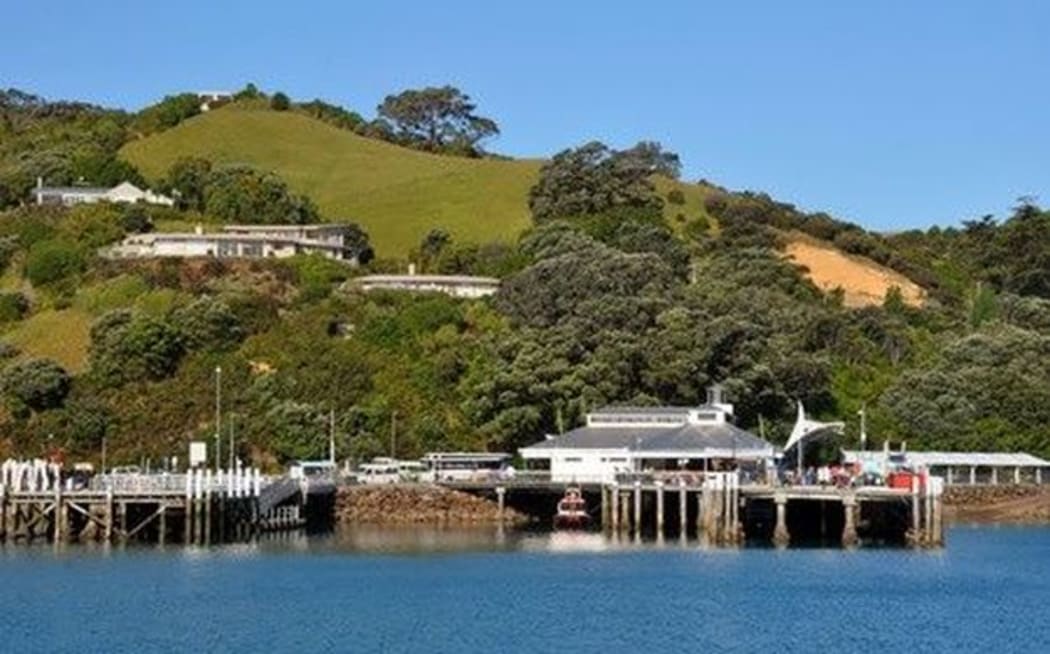The organisation that promotes Māori tourism is warning operators they need to 'up their game' to cope with an increasing influx of overseas visitors.

Photo: RNZ / Alexander Robertson
Māori Tourism said it was important operators started promoting their products in an increasingly lucrative market, and particularly to older age groups.
The tourism industry said a milestone had been reached with a new annual average of three million visitors coming to Aotearoa.
Bianca Ranson is the director of Pōtiki Adventures, a small Māori tourism business on Waiheke Island.
Ms Ranson, who is of Ngāpuhi and Ngāti Kahu ki Whaingaroa descent, said the change was having an effect on her company.
"The increase in tourism in general started in 2014. There was quite a big increase in the amount of visitors coming to Aotearoa, which directly affects how many people come to Waiheke and how much business we get," she said.
"Then again in 2015 - this has been, so far, our highest recorded number of visitors that we've ever had."
A recent report by the Tourism Industry Association said, among the millions of tourists holidaying here, Asians were a growing market. It said operators from Aotearoa needed to tap into that potential by becoming attuned to their own culture.

Pania Tyson-Nathan (second from left) Photo: Poutama Trust
Māori Tourism chief executive Pania Tyson-Nathan, of Rongomaiwahine and Ngāti Kahungunu descent, said indigenous tourist guides were talented at communicating and engaging with people whose first language isn't English.
"If you look at how we're trending where the growth is coming from, most of those countries are non-English speaking countries. That's going to provide some interesting challenges, not insurmountable," Ms Tyson-Nathan said.
"One of the big benefits for Māori is that they are culturally rich countries. I've sat in meetings with people who have no knowledge of English or Te Reo Māori and yet there's an understanding of what's being said."
Ms Ranson has also noticed more Chinese participating in her adventure tourism business.
She attributed that to expanding middle classes with more money in their pockets.
"Certainly the market that's coming out of China is increasing... People who wouldn't necessarily have the means to travel in the past."

Bianca Ranson: "There was quite a big increase in the amount of visitors coming to Aotearoa, which directly affects how many people come to Waiheke..." Photo: 123rf
Ms Ranson said tāngata whenua have an advantage because of their cultural affinity with Asian people.
"We have that connection to them as well through our whakapapa [genealogy] and through our traditional stories, and they love that connection that they [Māori] have to their whenua [country] and the connection that we have to our land as well.
"So I think that, as Māori, depending on which rohe we're in, we have something really valuable and unique to offer them."
Visitors after more than 'haka, hongi and hāngi'
Ms Tyson-Nathan said it was also important to think about older people who wanted a meaningful Māori tourism experience.
"They might have a more discretionary income, their children have left home and, at 65, they're finally going to do their OE [overseas experience]," she said.
"They would like to sit down and have a conversation with you and I, and pay a lot of money for it. They are happy to part with $1000 to go on a guided walk.
"So, as well as everybody else that we want to welcome to New Zealand, I think that it is time we do sit down and have another conversation, and it is one about value versus volume."
Ms Tyson-Nathan said visitors wanted a wider experience than "haka, hongi and hāngi" and said that more Māori-orientated activities were available to tourists.
Statistics New Zealand said the number of tourists arriving here was up by nearly 10 percent compared to last year, with a record increase of 16.5 percent in May alone.

